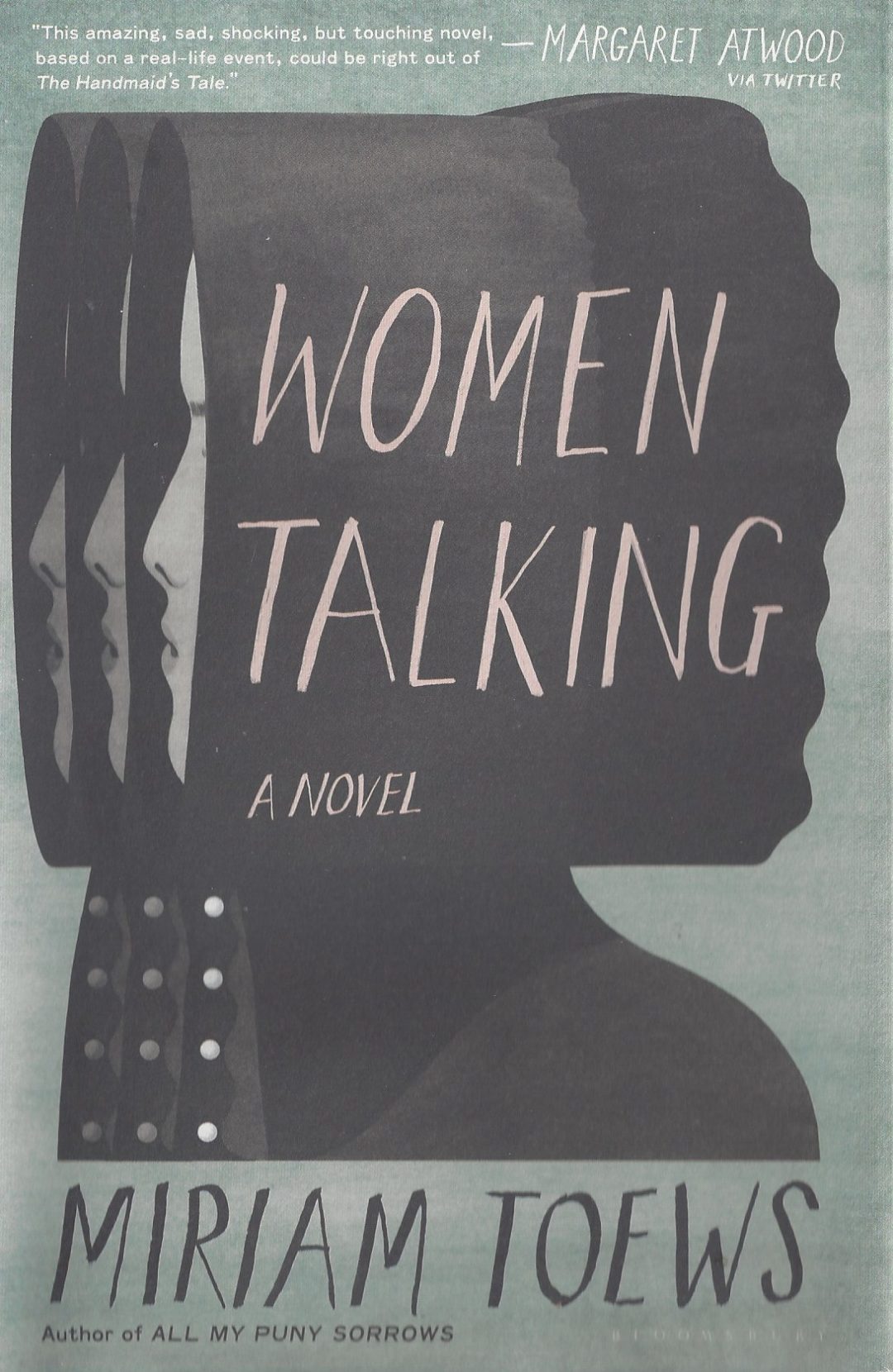

A subplot of unrequited love is enriched by a teary eyed Ben Whishaw, the only real male presence within the film and antithesis of the other faceless men the women must decide to forgive or not. Despite this, Polley allows for resolve which edges the film to err on the side of optimism. Trauma emerges in violent bursts, then subdued by whimsical analogies and lighthearted moments, much like the way in which trauma operates in real life – an unwanted visitor looming over every waking moment.

Socratic style monologues pull the audience out of more emotion led performances such as the gut punch delivered by Claire Foy – in this film you get two Lisabet Salander’s for the price of one. At times, the conversations can feel drawn out by the overly optimistic Ona (Rooney Mara), who has been impregnated by her attacker. True to its name, there’s a lot of women talking in Women Talking, but that’s the point – put simply, the act in itself is valuable and important. Most of the action takes place within a barn with the occasional cutaway sprinkled in to inject a little drama.

Yet, there is something to be said about the oppressive nature of patriarchy for all people without taking away from the horrors these women have suffered, something that Women Talking hums sympathetically even in its treatment of young boys in the colony. Some might say the #metoo parallel is perhaps a loose one drawn from the discourse surrounding the film – and they’re not wrong. Taking us through conversations imagined, the film hits hard as it’s adapted from Miriam Toews’ novel based on true events that happened in a Bolivian colony. To leave would be a near impossible feat these women aren’t educated, can’t read or write, and have never seen a map. The women must also do the same and decide whether they’re to forgive, stay and fight or leave their colony. She was left to imagine a career path outside of those parameters. When carving out her career, aged 19, she turned down Weinstein’s offer for a ‘close relationship’ and in some way rejected the advances of male Hollywood gatekeepers. To some extent, echoes of #metoo transcend through the women’s experiences, echoes that can also be found in Polley’s own life. Moving subject matter and powerful performances forgive the film for its otherwise questionable colour grading choices. In Women Talking, Sarah Polley takes a painful conversation to the big screen, delving into how these abused women must decide on a course of action that will define the rest of their lives. For years, the women of a Mennonite colony suffer vicious sexual assault by male members under cover of darkness, first sedated, and then fooled into thinking their injuries were an act of Satan or ‘wild female imagination’.


 0 kommentar(er)
0 kommentar(er)
